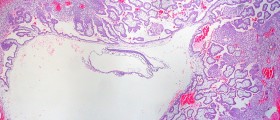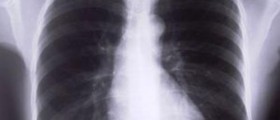
If you have been diagnosed with pelvic inflammatory disease, you should visit fertility specialist. Pelvic inflammatory disease is quite common, but a serious complication of some sexually transmitted diseases, especially Chlamydia and gonorrhea, and pelvic inflammatory disease can cause a damage to the fallopian tubes, uterus and ovaries, and can lead to serious consequences such as infertility, ectopic pregnancy, ectopic pregnancy and chronic pelvic pain. Or, if you have had a positive test for chlamydia or gonorrhoea, both of which can block the fallopian tubes.
You should visit fertility specialist if you have been diagnosed with polycystic ovarian syndrome, or if you have irregular periods. You should also visit fertility specialist if you have been diagnosed with endometriosis. You should also seek medical attention, if you have had previous ectopic pregnancy or one that resulted in one of your fallopian tubes removed. If you had an appendicitis or abdominal surgery, that caused scarring or blocked fallopian tubes.
However, if you are a man, you should visit fertility specialist if you had a testicle infection, if you were treated for gonorrhea which can block tubes that carry sperm, or if you have problems getting or keeping an erection. You should also visit fertility specialist if your job involves radiation or a contact with chemicals. There are also specific diseases that need special attention, such as previous cancer treatments, HIV, hepatitis B or C, and disease where there is a high risk of passing a gene to an embryo. These diseases include muscular dystrophy, cystic fibrosis or haemophilia, caused by a single faulty gene. In cases of HIV, hepatitis B, C, muscular dystrophy, cystic fibrosis or haemophilia an embryos created by IVF can be screened by pre-implantation genetic diagnosis (PGD) before being placed in the womb.
















Your thoughts on this
Loading...